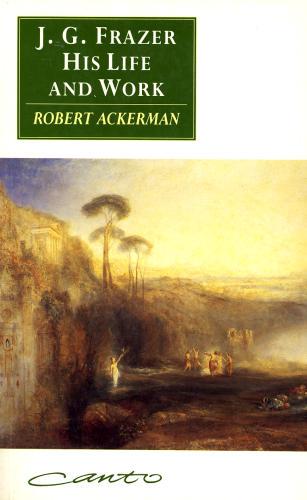The standard origins story of cultural anthropology includes two founders: Edward Burnett Tylor (1832-1917) and Henry Lewis Morgan (1818-1881). Unlike most founders, Tylor and Morgan are not widely acclaimed or accorded much honor. They have been relegated to a minor place in history because of their belief in progressive cultural evolution, a paradigm that combined Darwin’s biological evolution with Spencer’s social evolution. Tylor, Morgan and others believed that humans evolved biologically and culturally from savagery to barbarism to civilization, finally reaching an evolutionary apogee in the form of Europeans and western civilization.
It was a normative and racist scheme based on the idea that small-scale or “primitive” societies found in remote areas of the world had somehow veered off this progressive track. Because “primitives” were developmentally arrested, they were viewed as exemplars or “survivals” of earlier cultural stages. By studying survivals, Tylor and Morgan thought they could reconstruct the evolutionary past. The eventual hero of this story is Franz Boas, who forcefully argued against this paradigm and encouraged anthropologists to abandon typology in favor particularity. Each society or culture was to be studied on its own, without being slotted into an imaginary evolutionary progression. Having carried the day, Boas’ illustrious students fanned out across the world and began the arduous process of collecting ethnographic data.
The missing person in this story is James George Frazer and the missing element is religion. In 1871 Tylor published Primitive Culture with the following subtitle: Researches into the Development of Mythology, Philosophy, Religion, Language, Art and Custom. It was enormously influential and helped establish anthropology as a distinct discipline. It also caught the attention and fired the imagination of James George Frazer, who was a Cambridge classicist at the time.
Frazer was particular inspired by Tylor’s argument that animism constituted the primitive or “primordial” religion for all peoples. The basic idea was that pre-civilized people perceived the world and everything in it as being filled with spirits and unseen forces that animated all things. By so animating the world, such peoples could accomplish two goals. First, they could ostensibly explain the otherwise inexplicable. Second, they could negotiate with the spirits and forces in an attempt to control them. The world would thus become a less bewildering and chaotic place.
Frazer was captivated by these ideas. He uncritically accepted three-stage cultural evolution (savagery->barbarism->civilization) and believed that cognitive evolution corresponded to these stages. He was particularly intrigued by Tylor’s theory of animism and used it as a springboard for a lifetime of research and writing about the the evolution of the mind and reasoning. According to Frazer’s scheme, there were three stages of mental evolution and these stages are applicable to the way in which people reason or ratiocinate. In the earliest stage, people explain and attempt to control using magic. In the second stage, people explain and attempt to control using religion. In the final and most advanced stage, people explain and attempt to control with science.
Like other cultural evolutionary schemes, the supposed progression from magic to religion to science was normative. Science, for Frazer, was always the goal and the product of rational thinking. It was a desired end state. Although magic was the earliest stage, it was for Frazer at least understandable. Frazer was sympathetic with “primitives” who were attempting to explain and control things in the manner of scientists but who lacked scientific understanding. It was the middle stage, religion, that Frazer held in special contempt.
Rather than directing unseen spirits or forces to do human bidding using magic, religionists begged and supplicated those forces. For Frazer, this was both pathetic and demeaning. His goal, therefore, was to demonstrate that all religions are rooted in magic and that primitive survivals, in the form of ancient folklore, can be found in all religions. Frazer’s famous (and infamously opaque) Golden Bough was an attempt to demonstrate this. In the process, he hoped to undermine religion in general and Christianity in particular.
Although hardly anyone reads the Golden Bough today and Frazer is almost never mentioned as a founder of anthropology, there can be little doubt that Frazer was a giant in the field and was recognized as such by his contemporaries. I suspect that he is ignored today because his methods and conclusions are as controversial today as they were in his time. For better or worse, Frazer was in fact a founder and the history of anthropology is incomplete without him.
We are quite fortunate that Frazer has been rescued from obscurity not by anthropologists or historians, but by an English professor whose interest in Frazer is inscrutable. For whatever reason, Frazer captured the imagination of Robert Ackerman and benefits not only from Ackerman’s wonderful explication of Frazer’s project, but also from his ability to render (in gorgeous language) the zeitgeist of early anthropology and life in late Victorian England. If you don’t have the time or inclination to read the Golden Bough or any of Frazer’s other works, I suggest Ackerman’s J.G. Frazer: His Life and Work (1987). It is brilliant and fills a missing hole in the history of anthropology.


